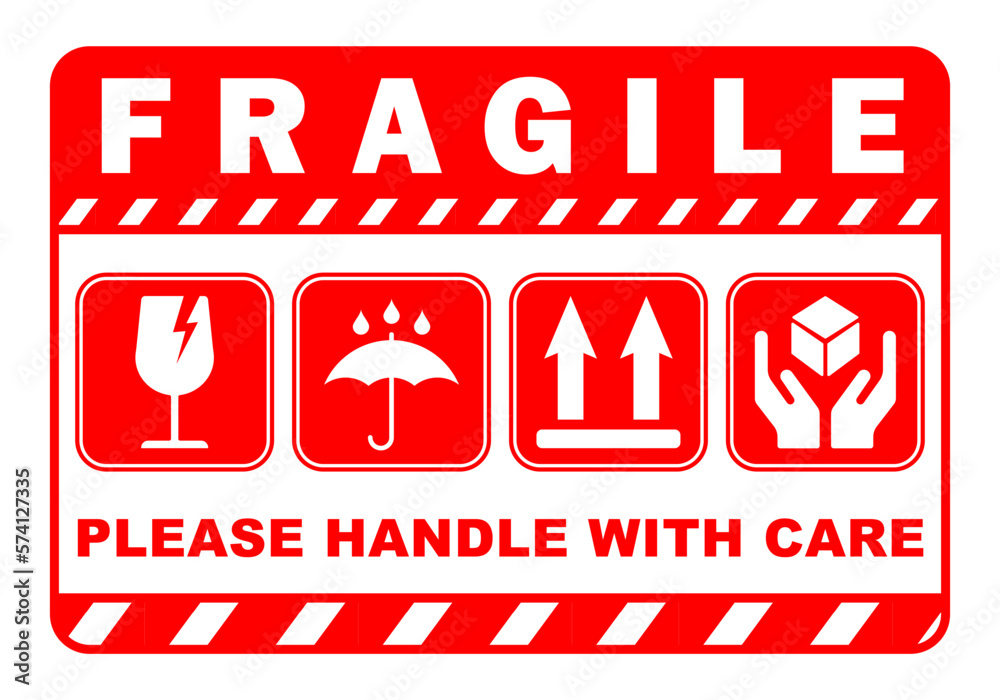The Bahá’í Faith, founded in the mid-19th century, has long espoused principles that resonate deeply within contexts of conflict and disarray, particularly in fragile, war-torn states. Distinct from conventional religious frameworks, Bahá’í teachings advocate a harmonious interplay of unity, justice, and resilience. This article delves deeply into how the Bahá’í community has navigated the treacherous waters of conflict, illustrating remarkable resolve and steadfastness through individual stories and communal endeavors.
The Concept of Resilience in Bahá’í Teachings
Resilience, a cornerstone of human existence, finds its roots in the Bahá’í ethos. The teachings emphasize the necessity of steadfastness in the face of adversity, highlighting the innate capacity of the human spirit to recover from setbacks. Bahá’u’lláh, the founder of the Bahá’í Faith, underscored the impermanence of worldly challenges, urging followers to cultivate a vision that transcends immediate trials. This perspective emboldens Bahá’ís to endure trauma, adapt to tumultuous environments, and emerge with renewed purpose.
Historical Context: Bahá’ís in Wartime
The Bahá’í community has historically found itself ensnared in political and social upheavals across the globe. Originating in Persia (modern-day Iran), Bahá’ís faced systematic persecution, including imprisonment, exile, and violence, particularly during the consolidation of the Qajar dynasty. These tribulations forged a resilient community deeply intertwined with the historical fabric of the region. Parallel experiences are echoed in other war-torn states where Bahá’ís exist, such as Afghanistan and Iraq, illustrating a broader narrative of survival and determination.
Case Studies: Identifying Resilience amid Chaos
In examining the fortitude of Bahá’ís in conflict zones, several poignant narratives emerge. For instance, amidst the gripping chaos of the Syrian civil war, members of the Bahá’í community have created platforms for dialogue, encouraging reconciliation among diverse factions. Their efforts to promote unity reflect the underlying Bahá’í principle that conflict resolution stems from mutual understanding and respect. This community-led advocacy illustrates how Bahá’ís embrace the radical notion that peace is not merely the absence of war but a dynamic state that requires active cultivation.
Another harrowing example can be found within Afghanistan, where Bahá’ís have endured a protracted history of violence and discrimination. Despite relentless persecution, these individuals have manifested remarkable resilience. They engage in educational initiatives to uplift youth, emphasizing the importance of knowledge as a means to transcend social barriers. The development of vocational training programs exemplifies how Bahá’ís harness their ingenuity to address pressing socio-economic needs in their communities, turning vulnerability into strength.
The Role of Community in Fostering Resilience
Central to the Bahá’í response in fragile states is the emphasis on community cohesion. The communal structure enables individuals to support one another, fostering an environment that engenders resilience. Regular gatherings, known as 19 Day Feasts, provide opportunities for Bahá’ís to share their experiences, reinforcing bonds and collective determination. This sense of belonging cultivates emotional fortitude, allowing members to navigate the vicissitudes of life in tumultuous settings.
Significantly, the Bahá’í community also prioritizes inclusivity, which plays a crucial role in fostering resilience. The teachings promote the idea that every individual possesses a unique capacity to contribute to societal well-being. This principle serves as a foundation for interfaith dialogue, wherein Bahá’ís actively engage with other religious and cultural groups. Through such dialogues, Bahá’ís not only share their teachings but also learn from others, reinforcing their commitment to a pluralistic society where diversity is celebrated.
Education as a Pillar of Resilience
The commitment to education is perhaps the most enduring testament to Bahá’í resilience. In war-torn states, where educational infrastructure is often severely compromised, Bahá’ís have fostered alternative avenues for learning. The establishment of schools and outreach programs aims to mitigate the impacts of conflict on youth, thus ensuring the continuity of knowledge. The emphasis on moral education in addition to academic pursuits operates as a catalyst for personal and communal empowerment, promoting a generation prepared to advocate for peace.
Global Perspectives: The Bahá’í Response to Contemporary Crises
The Bahá’í community’s global perspective on resilience can also be observed in their response to contemporary humanitarian crises. As refugees flood into neighboring countries, Bahá’ís have mobilized to provide support, embodying the teaching that service to humanity is synonymous with service to God. Their participation in relief efforts demonstrates an unwavering commitment to uphold the dignity of every individual, regardless of their background or circumstances. This universal approach to service exemplifies the transformative potential of the Bahá’í model of resilience.
Conclusion: An Enduring Legacy of Resilience
In regions plagued by war and instability, the Bahá’í community stands as a testament to the power of resilience. Through their unwavering dedication to unity, education, and communal support, Bahá’ís have woven a rich tapestry of hope amidst despair. Their stories echo the potential for humanity to rise above conflict, fostering bridges of understanding and cooperation. In exploring the narratives of Bahá’í resilience, we uncover profound insights into the capacity of individuals and communities to transcend adversity and illuminate the path toward a more unified world.
